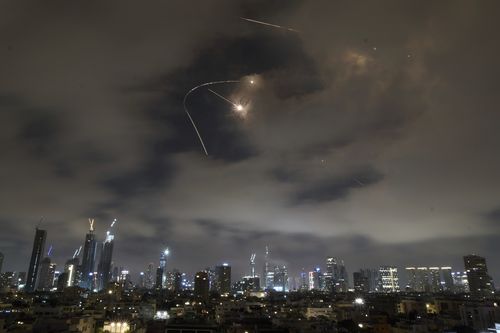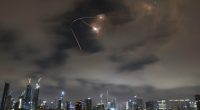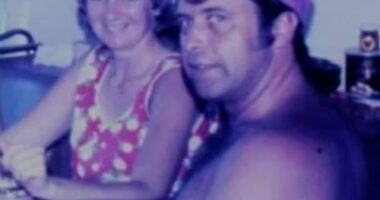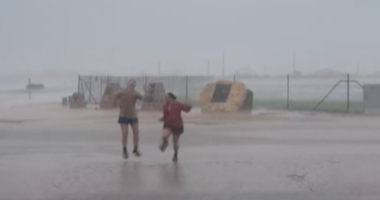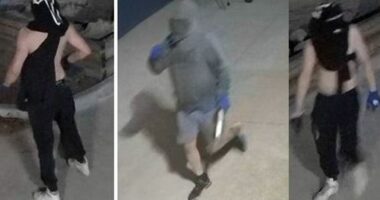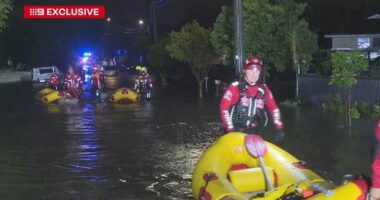Share this @internewscast.com
Israel’s military announced on Saturday that it carried out an overnight strike on an Iranian nuclear research center, resulting in the deaths of three high-ranking Iranian commanders during the targeted attacks. The military noted that it is also preparing for the conflict to potentially develop into a prolonged campaign.
Early Saturday (Saturday night AEST), observers noted smoke rising near a mountain in Isfahan, where a local official reported that Israel had conducted a two-wave attack on a nuclear research facility. These strikes were aimed at two sites involved in centrifuge production and follow recent assaults on other similar sites, according to an Israeli military source who wished to remain anonymous per guidelines when briefing reporters.

Israel identified Saeed Izadi as the commander of the Palestine Corps for the Iranian Quds Force—an elite unit responsible for military and intelligence activities beyond Iran’s borders—and stated that he was killed in an apartment in the city of Qom.
Iranian officials did not immediately confirm the death, but the Qom governor’s office did say there had been an attack on a four-story apartment building and local media reported two people had been killed.
Israel also said it had killed the commander of the Quds Force’s weapons transfer unit, who it said was responsible for providing weapons to Hezbollah and Hamas. Behnam Shahriyari was killed in his car while traveling in western Iran, the military said.
A commander of Iran’s drone force was also killed overnight, the Israeli official who briefed reporters said.
Iran threatens head of UN nuclear watchdog
On Friday, the head of the UN nuclear watchdog warned at an emergency meeting of the UN Security Council against attacks on Iran’s nuclear reactors, particularly its only commercial nuclear power plant in the southern city of Bushehr.
“I want to make it absolutely and completely clear: In case of an attack on the Bushehr nuclear power plant, a direct hit would result in a very high release of radioactivity to the environment,” said Rafael Grossi, head of the International Atomic Energy Agency.
“This is the nuclear site in Iran where the consequences could be most serious.”

Iran hostage crisis 40 years on
Israel has not targeted Iran’s nuclear reactors, instead focusing its strikes on the main uranium enrichment facility at Natanz, centrifuge workshops near Tehran, laboratories in Isfahan and the country’s Arak heavy water reactor southwest of the capital.
Iran previously agreed to limit its uranium enrichment and allow international inspectors access to its nuclear sites under a 2015 deal with the US, France, China, Russia, Britain and Germany in exchange for sanctions relief. But after Trump pulled the US unilaterally out of the deal during his first term, Iran began enriching uranium up to 60 per cent — a short, technical step away from weapons-grade levels of 90 per cent — and restricting access to its nuclear facilities.
Iran has long maintained its nuclear program is for peaceful purposes, but it is the only non-nuclear-weapon state to enrich uranium up to 60 %. Israel is widely believed to be the only Middle Eastern country with a nuclear weapons program but has never acknowledged it.
Leaders in Iran have blamed Grossi’s statements about the status of Iran’s nuclear program for prompting Israel’s attack.
On Saturday, a senior adviser for Iran’s Supreme Leader Ali Khamanei, Ali Larijani, said in a brief social media post without elaboration that Iran would make Grossi “pay” once the war with Israel is over.
